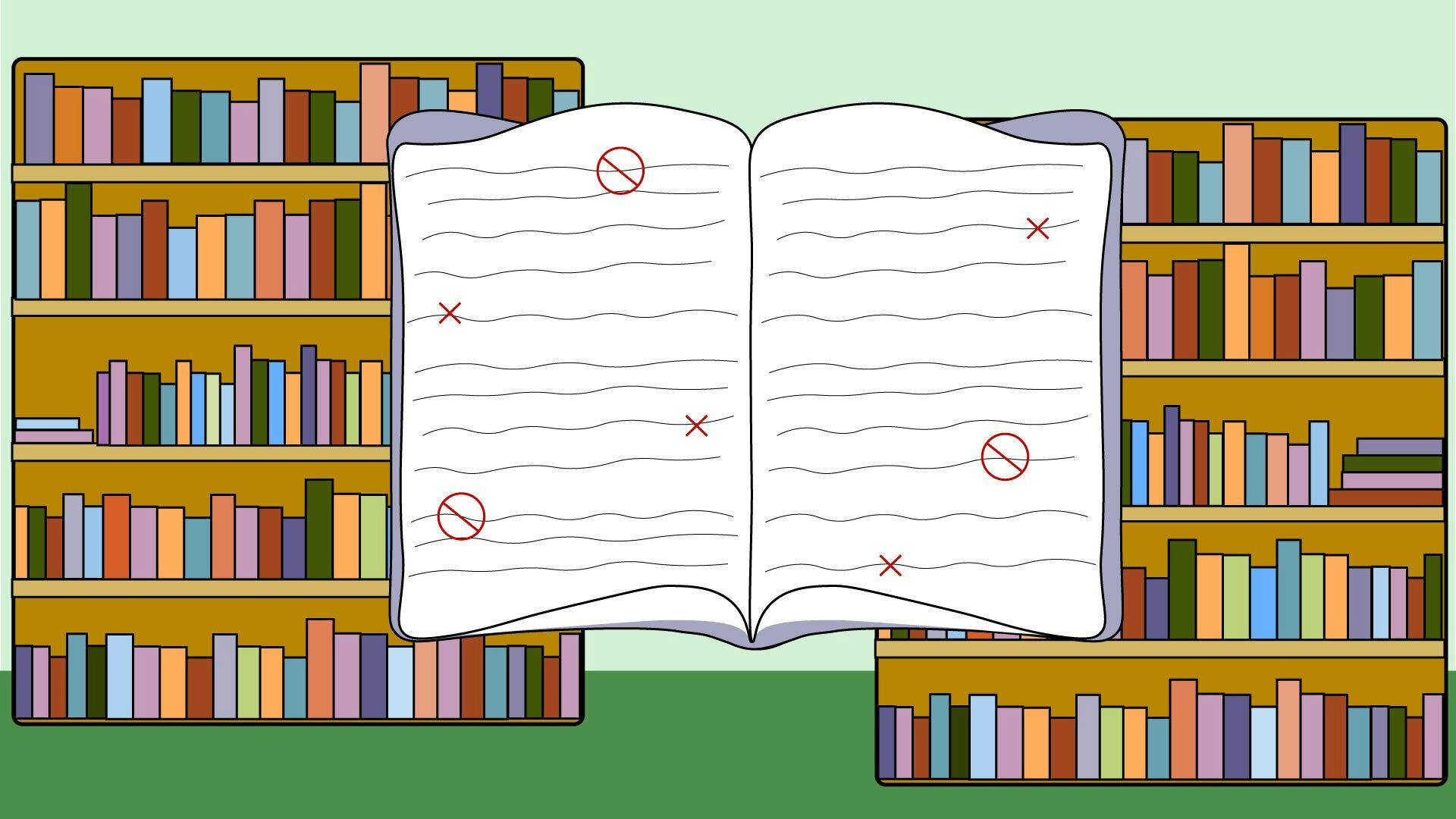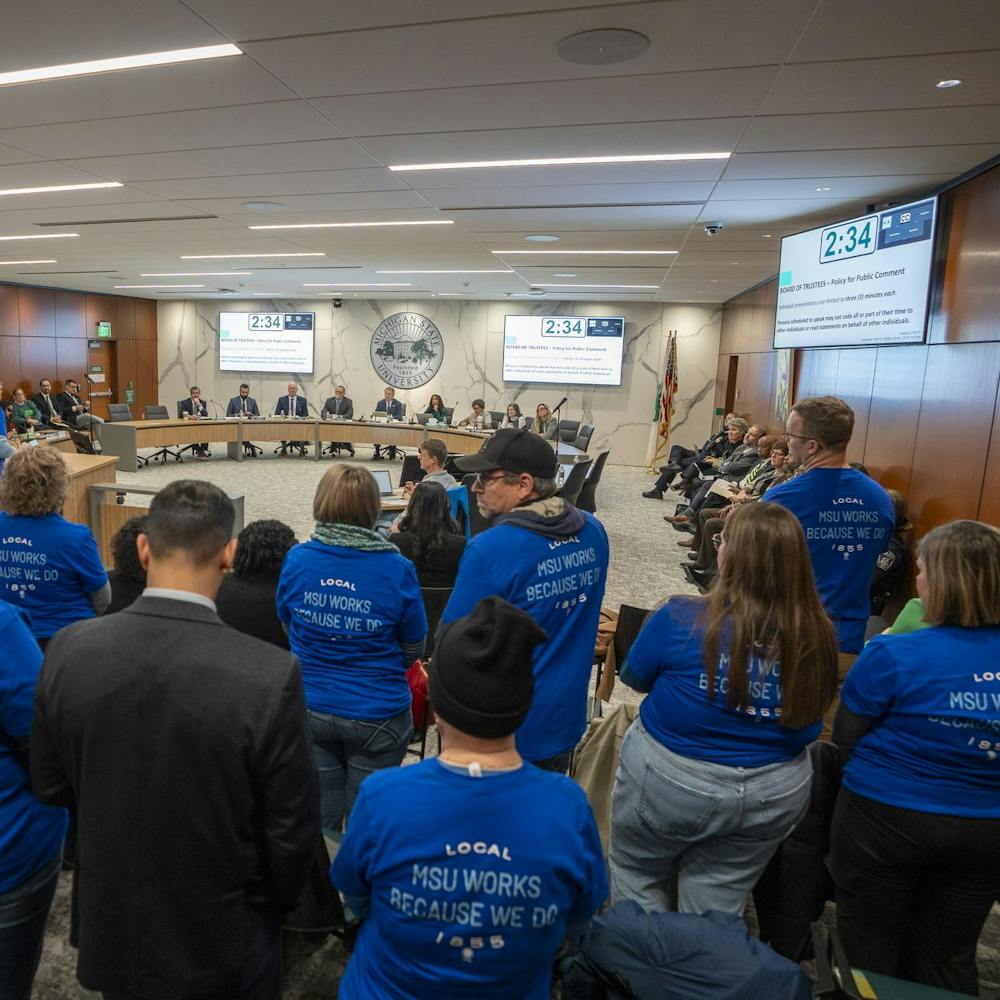The meaning of language and vocabulary is vastly changing, as diction that was accepted a century ago is no longer socially tolerable in today's standards. This old language, though posing offensive and hurtful meanings to certain groups, still floats around public catalogs in libraries around the nation.
The Harmful Language Remediation Working Group here at MSU, or the HLRWG, has been tasked with fixing this problem. Its goal is to eradicate harmful language within public catalogs, not just here at Michigan State, but all over the country.
“We facilitate and track projects related to changing language in our catalog to make sure that the language we're using in our descriptive work is respectful and current,” special materials cataloging librarian and HLRWG chair Nicole Smeltekop said.
Smeltekop said that here at MSU, HLRWG has flagged down and changed harmful language. For example, the group has changed “Indians of North America" to “Indigenous peoples of North America” and “illegal aliens” to “non citizens,” in efforts to be more honest and correct.
Currently, the HLRWG is conducting a project related to Armenian Genocide. According to Smeltekop, many books related to the Armenian Genocide do not include subject headings to reflect Armenian Genocide denial. So, the HLRWG has taken it upon themselves to add the denialism subject heading to Armenian Genocide catalogs.
In terms of what it takes to change a catalog, Smeltekop said that it all "depends."
"If it’s an easy fix with an easy path forward, we operate with consensus," Smeltekop said. "If it’s a more complex question, like how do we want to handle Armenian Genocide denial, we refer it out to other groups to find a path forward."
For the current project, Smeltekop and the HLRWG referred the question to an internal group that’s working on subject heading proposals in Library of Congress Subject Headings. According to Smeltekop, the group has a deeper understanding of the structure of the vocabulary and rules associated with the subject heading terms within the vocabulary.
MSU Libraries Associate Dean of Diversity, Inclusion and Organizational Development and HLRWG advisor Alexandra Rivera said it’s important to update these catalog systems in order to avoid characterization and to create a safe space for accessing information.
“This harmful language is based in systems of oppression and bias, and we seek institutions of education to try and perpetuate knowledge and address marginalization of any kind,” Rivera said. “We are looking to ensure that items that we hold and the information that we share are shared in a respectful way and one that people can access.”
The effort to eradicate harmful language isn’t just a local effort, but it’s one of national concern. Rivera said that Universities like Harvard, Princeton, Penn, Virginia, UC Boulder and others are seeking to address these issues. She also said the Library of Congress has a department that works on these classification systems to update them.
According to Smeltekop, when the HLRWG comes across harmful language located in catalogs, it can make the decision to try and change it at the national level with the Library of Congress, helping and quickening the process of eliminating false terminology all over the nation.
The HLRWG encourages the public community to also make a difference in this effort, asking the community to report any offensive language that is seen in library catalogs to its website.
When a position opens in the HLRWG, people who meet the criteria will be allowed to join the group for a two-year term. More about joining the working group can be found on the MSU library website.
Rivera hopes that the HLRWG and other groups can eliminate all problematic languages within library catalogs for the betterment of the community, and encourages students to take initiative and voice their concerns.
“Imagine as a student going into a catalog to try and find information about your lived experience, and then seeing it characterized in a way that is denigrating or untrue,” Rivera said. “It makes it hard to want to pursue exploring that topic. So students can email us or fill out our form to voice their concern. We're very responsive within the library and will absolutely seek to address any problematic language.”
Support student media!
Please consider donating to The State News and help fund the future of journalism.
Discussion
Share and discuss “Harmful Language Remediation Working Group looks to eliminate harmful language in MSU, national library catalogs ” on social media.







